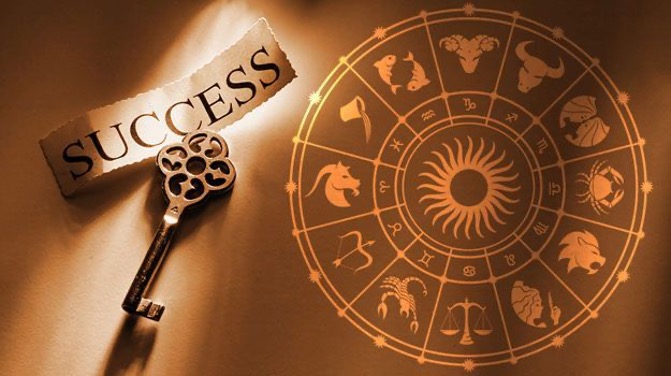The term ‘Astrology’ is something we are all familiar with, especially being an Indian. Although to start, let’s dig deeper into its bookish definition: it is basically the study of the movements of celestial bodies, such as planets, stars, and the moon, which are believed to influence human life events. It is generally linked to the belief systems of people, and many across the world treat it as a source of spiritual guidance. Astrological beliefs are deeply rooted in India’s cultural and religious traditions, and their emergence can be traced back to the Vedic Period, which spanned from approximately 1500 to 500 BCE. At that time, it was known as ‘Jyotish Shastra’. Its references were also found in the oldest texts, such as the Rigveda and Atharvaveda. Even in the Mahabharata, it is mentioned that the youngest brother of the Pandavas, Sahadeva, had the powers of astrology and foresight. From this, we can determine the significant role astrology plays for Indians and people across the world.
The purpose of this blog is to explore how astrology has evolved from a set of beliefs to a business in the modern marketing era.
In recent years, specifically around the late 2000s, digital astrology apps were introduced, opening the door for a new market segment that provides personalized experiences for people, making it a profitable venture. In a country where beliefs are the best-selling commodities, it is not a surprise that astrology apps will be successful in their approach. The most famous digital astrology app in India is undoubtedly ‘Astrotalk’, because whenever you click on YouTube videos to search, for example, for strategies on CAT preparation, there is always an ad for Astrotalk that plays just before the main video starts. It will discuss some life-changing events that can be achieved by following some mediocre tactics.
As a management student specializing in Marketing, I understand that by displaying advertisements, Astrotalk is engaging in the last ‘P’ of the marketing mix, i.e., Promotion, and increasing its brand visibility with a clear intention of generating profit from it. However, the general public will have no clue about the marketing strategies, and they will just blindly trust the predictions made by those apps, which will unknowingly turn their beliefs into cold, hard profits.
The most popular marketing tactics used by these digital astrology apps are the Fear and Hope Psychology. If we look closely, we can see that these apps primarily target the vulnerable points of people, such as fears related to their career, health, and relationships. Some planetary movements will bring golden opportunities this year, while others will bring warning notifications about negative energy, bad luck days, and much more. Then comes the concept of the Subscription Model, get premium solutions for premium fears. Not sure about the destiny, ‘Par Shani aur Mangal ko subscription toh lifetime ka hai!’. They succeed in tapping into the uncertainty in people’s minds and utilize it for their profit generation. Alas! No matter how irrational it may sound, it will require a revolution to make people realise its irrationality, because these beliefs are so deeply rooted in our culture and people feel a sense of optimism when they hear something good might happen. They continue to consume this kind of content with the hope of positive reinforcement. Looking into its marketing aspect, they do deliver customer satisfaction at times by citing testimonials and sharing success stories, which in the long term helps them engage customers and spread publicity through positive word of mouth, leading to an increase in brand equity.
“The Digital Astrology Revolution: The astrology app market in India is witnessing explosive growth, driven by several compelling factors: Massive Market Potential: India’s astrology apps are scaling fast, valued at $163 million in 2024, and are set to skyrocket to $1,797 million by 2030” ( Source: Colourmoon Technologies Pvt.Ltd)
Nowadays, the concept of Emergence of Astrology as a lifestyle brand is a trendy phenomenon. Global fast retail brands like Miniso introduced uniquely packed perfumes with zodiac signs printed on the perfume bottles, which subconsciously prompts customers to purchase perfumes that match their zodiac signs. I, being a Pisces, have purchased such a perfume that features the Pisces symbol. Even if the perfumes do not satisfy your olfactory receptors, you are still influenced to purchase those products since they resonate with your zodiac signs. These can be seen as a unique and effective approach to increasing customer engagement with the company by utilizing astrological beliefs as a marketing tool.
So, reaching towards the end, I would briefly discuss how people face ethical dilemmas and criticisms for being overly dependent on these astrology apps. These apps tend to exploit people who tend to be emotionally low by offering them paid prediction facilities, and these people are also ready to pay any amount, seeking mental peace and hope for good days that are yet to come. These apps also capture sensitive data, such as birth dates, which raises safety concerns. Taking suggestions from these apps deprives people of being rational and hinders their logical problem-solving mechanism.
Astrology cannot be a substitute for human beings’ critical thinking abilities.


Excellent.